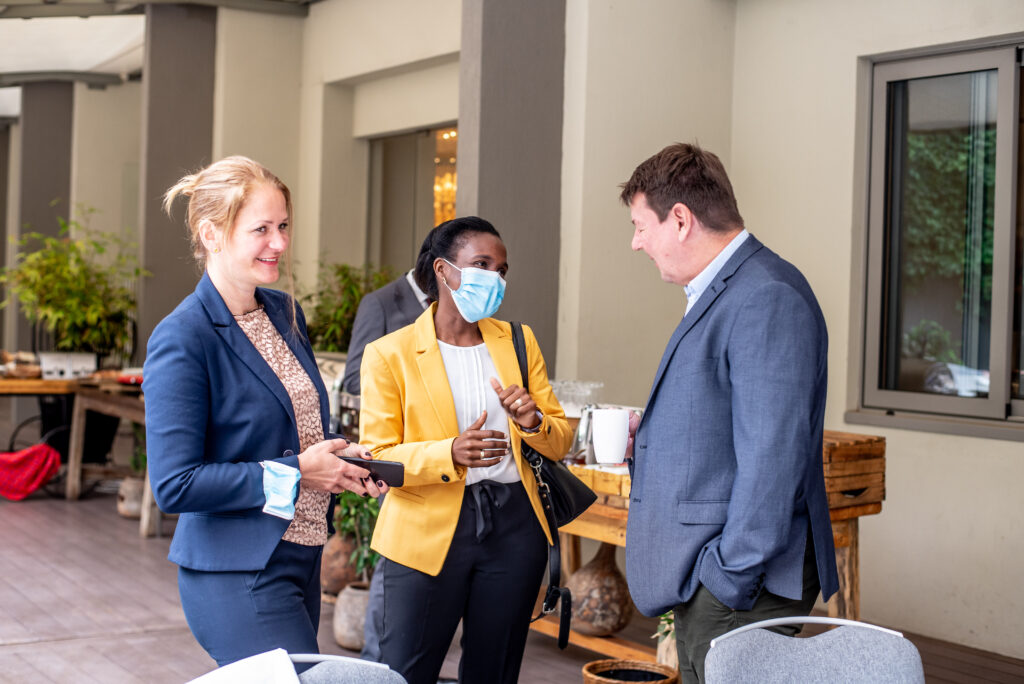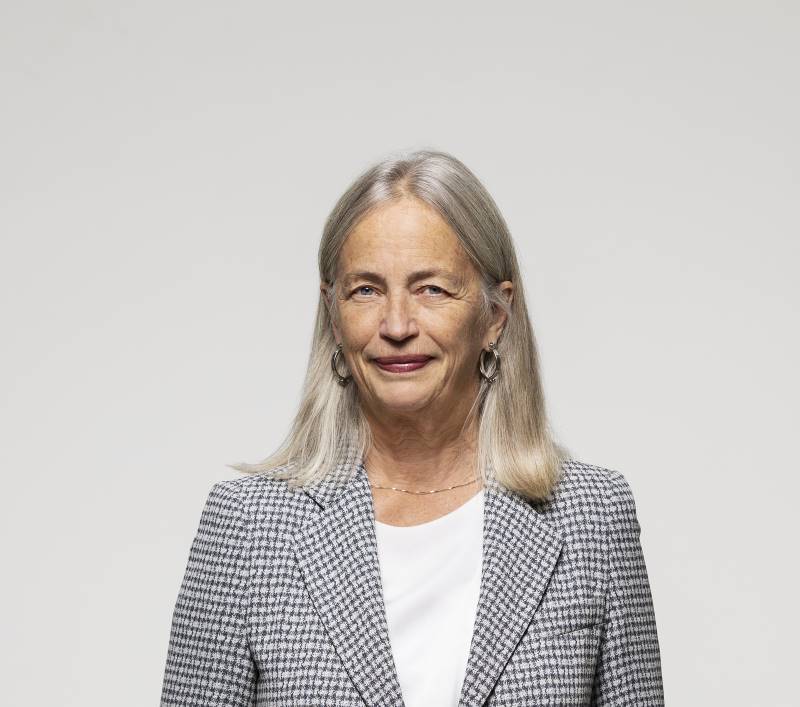Since 2024 a team of senior advisors are a additional cornerstone to support NIRs mission to help companies do business in complex markets.
Our senior advisors provide counsel and advice with respect to the various aspects of our work.


“Imagine having access to knowledge from seniors with extensive international experience from working in world-class companies willing to share of their time to help Swedish companies accelerate their export. For free. We literally sit on a gold mine of competence and experience we want to use.”
Exports in the current business climate where risk management and responsibilities have become increasingly important, requires proactivity, deep knowledge of industry-specific challenges, international sustainability requirements and a grasp of country context and geopolitical changes.
As a Senior Advisors you are a accessible resource for the responsible Program Manager at NIR. You provide strategic support and partcipate in the external relation and interactions with our in-country partners.
Sweden has a long tradition of doing business in complex markets as well as a legacy of networking between our companies. As part of our skills hub/network you bring the experience of a business professionals (approaching retirement) to further increase export trade and expand business in complex markets.
NIRs senior advisors all have extensive knowledge and experience from business in small and medium income countries/regions, They share their time and knowledge for free to suport business conditions and Swedish companies to accelerate business relations.
Senior advisors have at least five (5) years in leading positions in larger Swedish well-reputed multi-national companies. They also also have experience and knowledge from Team Sweden e.g. the Ministry of Foreign Affairs, trade unions or business member organsiations.
Team Sweden is a network of government authorities, agencies and Swedish companies that support major infrastructure projects globally, with the aim to contribute to the development of sustainable projects.
This executive summary presents the findings from the study “Workplace Cooperation: Finding Practical Solutions in the Colombian Context,” conducted by the Fundación Ideas para la Paz (FIP). The study evaluates the added value of the Swedish Workplace Programme (SWP) dialogue and cooperation model within the Colombian labor market.
Throughout 2022, FIP dedicated efforts to thoroughly understand the SWP model, including its concept, foundations, implementation process, and contributions to the labor market. In 2023, FIP documented the experiences of three companies—SKF Latin Trade, Securitas, and Epiroc—that implemented the SWP model in practice. The study also included face-to-face workshops to gather feedback from various stakeholders including civil society, businesses, government, academia, and international cooperation. The findings suggest that the SWP model has the potential to strengthen labor relations, contribute to decent work, and resolve workplace conflicts in Colombia.
The case studies highlight the importance of collaboration between employers and workers to promote decent work and sustainable development in Colombia. They demonstrate that social dialogue facilitates worker participation in labor decision-making, enhances their representativeness, and promotes cooperation between employers and employees, thus improving labor relations and contributing to the well-being of both employees and companies.
The SWP model is particularly noted for improving workplace relationships and commitment to jointly finding solutions to challenges faced by workers and the company. It empowers workers, enhances leadership, and helps integrate business policies into daily practices, reducing the initial disconnect between management objectives and the day-to-day realities of workers. The study also highlights the model’s capacity to manage conflicts constructively, transforming the perception of conflict as an opportunity for improvement. Structured dialogues deepen understanding of the underlying causes of conflicts, fostering empathy and facilitating effective resolution. This promotes a culture of collaboration and a democratic approach to decision-making, building trust.
Additionally, the model is recognized for enabling workers to make decisions, identify challenges, and propose solutions that impact their well-being, and bridging gender gaps in the workplace. Its inclusive approach adapts to the unique needs and characteristics of each company, promoting a stronger and more diverse organizational culture. It also drives good work performance and productivity by involving workers in problem identification and resolution, as well as in implementing improvements and efficiently identifying ESG (Environmental, Social, and Governance) risks for companies.
The document identifies the SWP model’s added value in empowering direct interaction among labor stakeholders in Colombia, overcoming historical or cultural reservations, and contributing to the development of stronger labor relations and improved workplace environments in the country.
Challenges and opportunities of the model are also discussed. The study points out the importance of addressing value chain risks, particularly in a global context where corporate clients demand decent work processes and due diligence. It emphasizes the need to integrate SMEs into this process and use anchor companies as drivers of social dialogue throughout the value chain. The role of the state in social dialogue and the importance of highlighting the benefits of the model for adoption across various business sectors are discussed.
The opportunities of the model include raising awareness of human rights in the workplace in line with the United Nations Guiding Principles (UNGP), to strengthen due diligence, manage risks, promote long-term sustainability, and improve organizational culture. The document also underscores the importance of involving workers in change processes, leveraging their insights for continuous improvement of processes, and fostering innovation opportunities. Lastly, it suggests replicating the model in value chains to address work environment risks and gender biases, involving suppliers and contractors, and integrating the model into corporate policies to strengthen existing programs and transform organizational culture towards resource efficiency and effective participation of employers and workers.